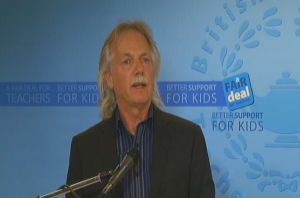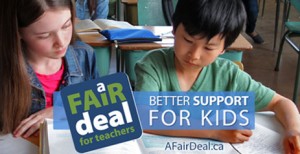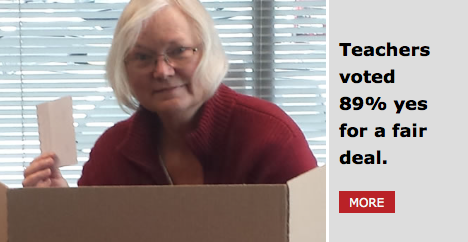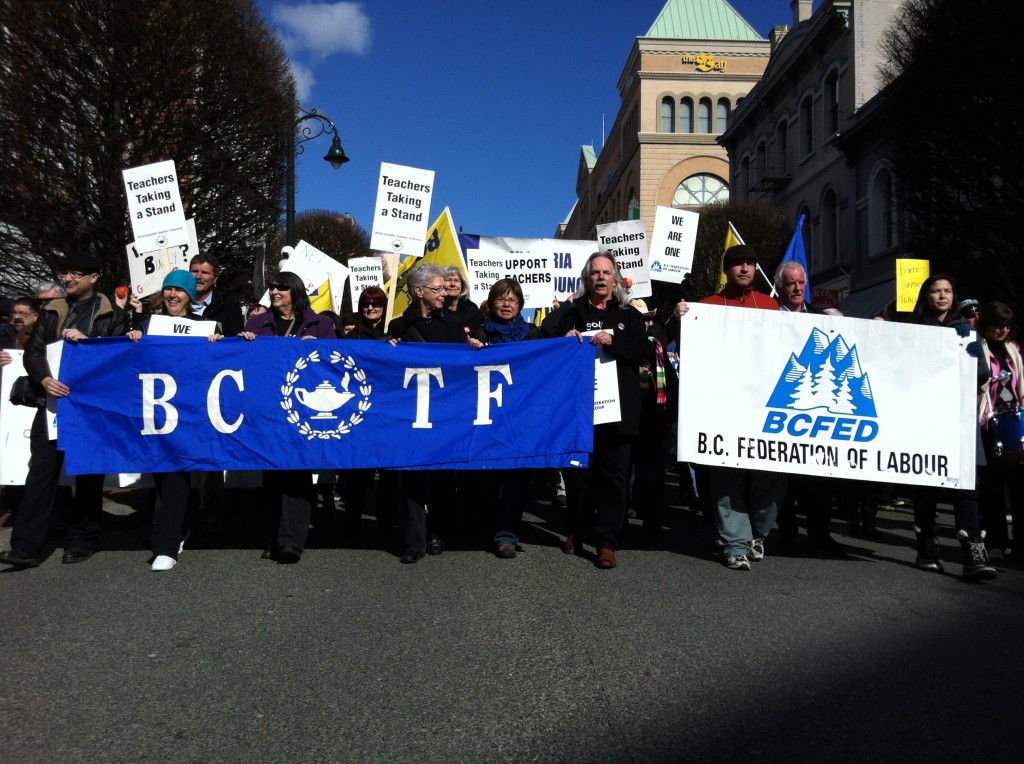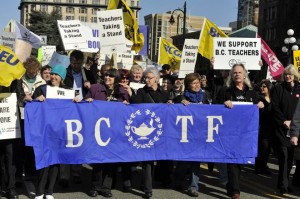VESTA, May 24, 2014 /CNW/ – All schools across School District #39 Vancouver will be behind picket lines [today] on Monday May 26th, as local teachers join their colleagues across the province in taking a stand for smaller classes, better support for students, and a fair and reasonable salary increase.
“Teachers in our community, like teachers across BC, don’t take this job action lightly,” said Gerry Kent, President of the Vancouver Elementary School Teachers’ Association. “As teachers, we care deeply about our students and we empathize with parents who have to rework their schedules. Many of us are parents too, and that is one of the reasons we are taking this action. Parents and all citizens should be dismayed by a decade of annual budget and service cuts made by underfunded school districts across the province. These cuts affect the education of our children and grandchildren.”
Teachers are being forced to step up job action because they have been at the bargaining table for 16 months and the provincial government and the BC Public School Employers’ Association still refuse to offer any improvements to class size, class composition, and other important learning conditions for students. On top of that, the employer’s wage offer is unfair especially considering that the last time teachers got a raise was July 2010.
BC’s per student funding is $1,000 per student less than the national average, a level of underfunding that has had serious consequences across the province. Provincial government underfunding has affected a generation of students since 2002. Supports for students with special needs and English language learners, and other services provided by specialist teachers such as counsellors, librarians, and speech and language pathologists have been eroded because of staffing cuts caused by underfunding.
The rotating closures are part of a two-stage strike plan that teachers approved in March, with an 89% yes vote. Any extension of the rotating job action will depend on developments at the bargaining table.
“Teachers remain committed to reaching a fair deal at the negotiating table.” Kent said. “This government must make education a priority, show respect for the work of teachers and come to the bargaining table with the funds needed to improve supports for students. Premier Clark and Minister Fassbender need to stop the rhetoric and show real leadership. Putting families first requires a strong and well funded public education system.
For more details, please visit www.AFairDeal.ca
SOURCE VESTA: Vancouver Elementary School Teachers’ Association
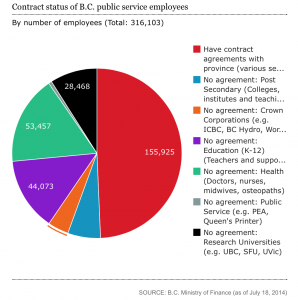 Read More: Justine Hunter, Globe & Mail
Read More: Justine Hunter, Globe & Mail
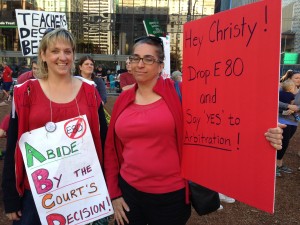
 Follow
Follow

